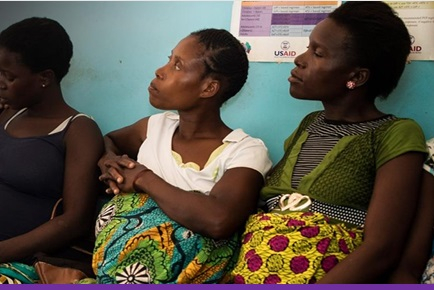Friday, 15th November 2024, 12 - 2PM
Magazine Room (3rd Floor), Hilton Riverside, New Orleans
To register, please send an email to poku-awukua@mmv.org
Malaria in pregnancy remains a major cause of maternal mortality and morbidity in Africa. In 2022, 12.7 million pregnant women were infected with malaria in sub-Saharan Africa and over 100,000 newborns died as a result of malaria in pregnancy.
Following the RBM Malaria in Pregnancy (MiP) WG’s call to action (2015) as well as other partner-led advocacy activities, many countries adopted the World Health Organization’s recommendations of at least eight ANC visits and at least three doses of IPTp. This led to a significant increase in the uptake of both interventions and correspondingly better maternal and newborn mortality outcomes. However, over the last few years, we see that progress on the uptake of both interventions have stagnated.
Among the reasons cited are a lack of synergy between malaria and maternal health programmes so that advocacy, programme implementation and monitoring can be improved to reduce the burden of malaria in pregnancy. Strengthened collaboration, strategic planning and programme implementation between the programmes will help increase the uptake of interventions and contribute to the synergistic use of human resources while also supporting improved quality of care for pregnant women.
Over the last few years, we have also seen that incorporating gender-sensitive community-programmes and norms within malaria in pregnancy programmes provides better maternal outcomes. Nearly 10 years after the Call to Action, we believe it is time to foster dialogue between these programmes and explore how actors in both programmes can serve as the custodians of incorporating gender action into malaria in pregnancy.
Objectives of the workshop
- Strengthen collaboration and engagement between malaria and maternal and reproductive health programmes;
- Understand limitations impeding collaboration and how these can be addressed;
- Introduce gender-mainstreaming for malaria and maternal health programmes;
- Understand limitations to the incorporation of gender-sensitive action and how these can be overcome;
- Build the moment for the launch of the World Malaria Report.


